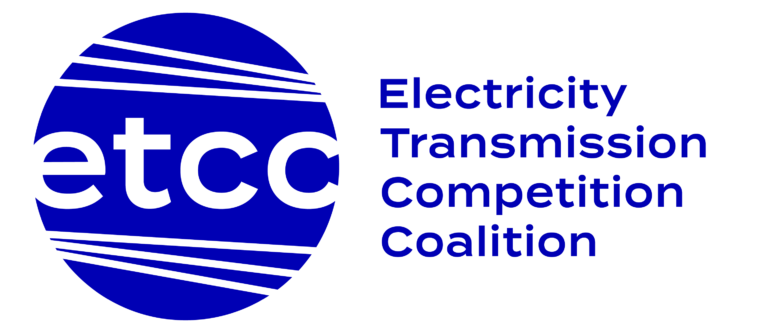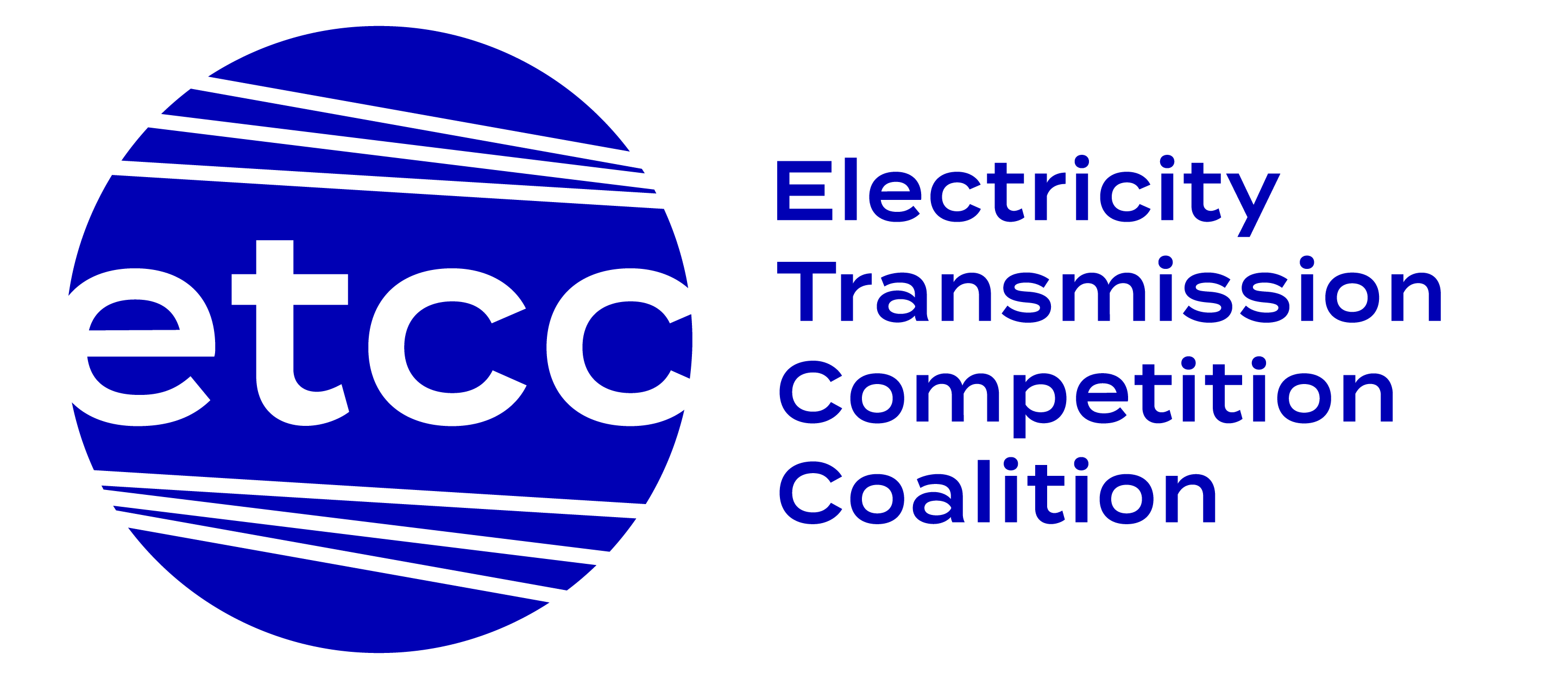
FOR IMMEDIATE RELEASE
February 1, 2024
Utility Report Fails to Debunk Transmission Competition Benefits
WASHINGTON – In comments filed with the Federal Energy Regulatory Commission (FERC), the Electricity Transmission Competition Coalition (ETCC) today responded to the incumbent utility-spearheaded coalition Developers Advocating Transmission Advancements (DATA) – to set the record straight about their misleading claims and to urge FERC to disregard the utilities’ unverified and authorless white paper entirely.
“In a policy debate, facts matter, and when it comes to electricity transmission competition, the facts all say the same thing – that competition lowers costs for consumers,” said Paul Cicio, Chair of the Electricity Transmission Competition Coalition. “Transmission competition lowers costs and drives innovation while blocking competition increases consumer costs. It is imperative that FERC embrace competition in its proposed rule on regional transmission planning and cost allocation and not reinstate any federal right of first refusal (ROFR).”
The ETCC’s response filed today rebuts point-by-point the factual and analytical errors made by the utilities. In their analysis, the utility companies failed to account for inflation, did not look at the substantial cost overruns for incumbent utility projects, and selected only a narrow set of projects and cherry-picked data while ignoring the many successful examples of competition lowering project costs.
Key Findings in ETCC’s FERC Filing
The key findings of the ETCC response to the utilities’ whitepaper were:
- Unreliable Evidence: Utilities’ opposition relies on an unverifiable whitepaper and cherry-picked examples, raising concerns about credibility and factual basis.
- Cost Overruns Downplayed: The substantial cost increases in non-competitive projects are conveniently ignored by utilities.
- Inflation Ignored: The impact of inflation since 2019 is not considered, and some competitive projects even allow for inflation adjustments within project cost caps.
- Misleading Cost Claims: Utilities downplay the effectiveness of competitive cost controls and misrepresent data from select projects, offering an incomplete picture.
- Ignoring Success Stories: Utilities conveniently omitted successful competitive projects that, if included, directly undermine the utilities’ narrative.
- Consumer Protections Neglected: Utilities downplay the safeguards, like cost caps, built into competitive projects to protect consumers.
Throughout the rulemaking process, comments from the U.S. Department of Justice, Federal Trade Commission, members of Congress, and others have all made clear that competition is a key tool in protecting consumers from price-gouging by incumbent monopoly utilities. A ROFR law would be a defeat for consumers and amount to a cash handout to incumbent monopoly utilities. FERC must reject the incumbent utilities’ erroneous filing and fulfill its mandate to protect consumers by doubling down on maximizing transmission competition.
You can read ETCC’s full response in its filing with FERC here.
###
About the Electricity Transmission Competition Coalition
The Electricity Transmission Competition Coalition (ETCC) is a broad-based, nation-wide coalition committed to increasing competition in America’s electricity transmission infrastructure. We advocate for common-sense policies and solutions that result in competitively priced transmission projects, which reduce energy costs for all ratepayers – from large manufacturers to residential consumers. The ETCC represents a diverse group of 93 companies and organizations from all 50 states, including manufacturing groups, retail electric consumers, state consumer advocates, public power representatives, think tanks, and non-incumbent transmission developers.
For more information, visit: www.electricitytransmissioncompetitioncoalition.org.
Press Contact:
Julian Graham
jgraham@signaldc.com
###

